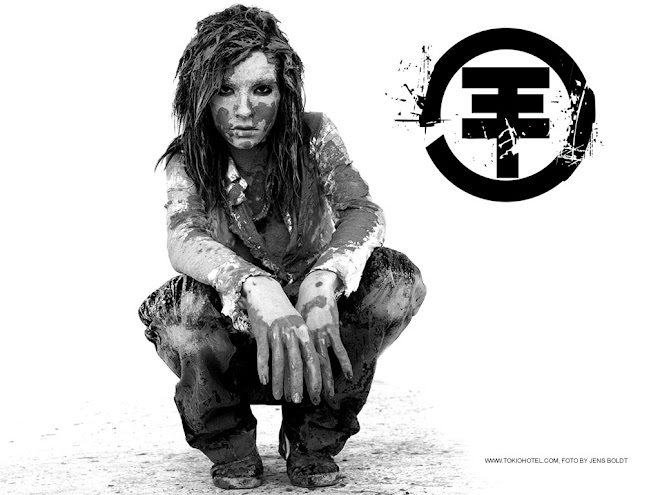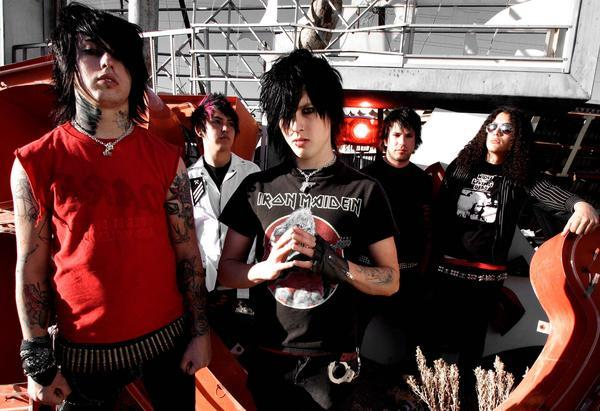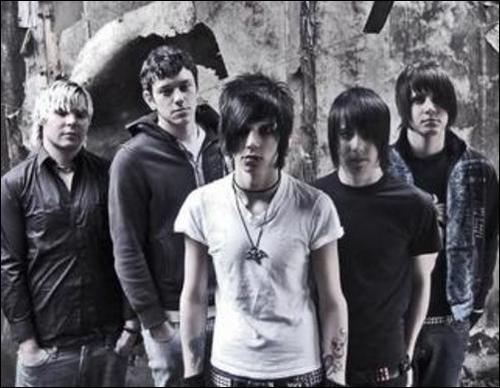Sect Families Reunite After Judge's Ruling
More than 400 children taken from a polygamist sect's ranch two months ago began returning to the arms of their tearful parents Monday, hours after a judge bowed to a state Supreme Court ruling that the seizure was not justified.
"It's just great day," said Nancy Dockstader, whose chin quivered and eyes filled with tears as she embraced her 9-year-old daughter, Amy, outside a foster-care center in Gonzales, about 65 miles east of San Antonio. "We're so grateful."
Her daughter and four other children were among the roughly 430 children ordered released after two months in state custody, much of it spent in foster care centers. Because siblings were separated at facilities hundreds of miles apart, it will probably take several days for all the families to be reunited.
Judge Barbara Walther responded to a state Supreme Court ruling last week by signing an order that cleared the children to be released from foster care. Walther allowed parents to begin picking up their children Monday, ending one of the nation's largest child-custody cases.
Dockstader and her husband, James, were headed to Corpus Christi and to Amarillo to pick up their other children. "We'll get the rest of them," said Dockstader, who was clad in a teal prairie dress and clinging to Amy, who wore a matching dress.
Walther's order requires the parents to stay in Texas, to attend parenting classes and to allow the children to be examined as part of any abuse investigation.
But it does not put restrictions on the children's fathers, require that the parents renounce polygamy or force them to leave the Yearning For Zion Ranch run by the Fundamentalist Church of Jesus Christ of Latter Day Saints.
Late Monday, elder Willie Jessop said the church won't allow underage girls to marry. Jessop said the new policy will forbid any girl to marry who is not of legal consent age in the state where she lives.
Jessop said the church has been widely misunderstood, but he said the church will not sanction marriages of underage girls and will counsel members against such unions. He insisted marriages within the church have always been consensual.
Child Protective Services removed all the children from the ranch after an April 3 raid prompted by calls to a domestic abuse hot line that purportedly came from a 16-year-old mother who was being abused by her middle-age husband. The calls are now being investigated as a hoax, but authorities contended all the children were at risk because church teachings pushed underage girls into marriage and sex.
The church has denied any children were abused, and members have said they are being persecuted for their religion, which believes polygamy brings glorification in heaven.
Marleigh Meisner, a spokeswoman for the child-protection agency, said authorities still have concerns about the children's safety, and the investigation into possible abuse would continue.
The Supreme Court on Thursday affirmed an appeals court ruling that reversed Walther's decision in April putting all children from the ranch into foster case.
The high court and the appeals court rejected the state's argument that all the children were in immediate danger from what it said was sexual abuse of teenage girls at the ranch.
The Third Court of Appeals ruled that the state failed to show that any more than five of the teenage girls were being sexually abused, and had offered no evidence of sexual or physical abuse against the other children.
Half the children sent to foster care were no older than 5.
All the children, including any underage mothers, will be allowed to go back to their parents, though it's possible some children's attorneys or child-protection officials could pursue further action in individual cases.
It's not clear how many might return to the ranch right away. Many of the parents have purchased or rented homes in Amarillo, San Antonio and other places around the state.
Rod Parker, a spokesman for the FLDS church, said some of the attorneys have advised parents to stay away from the ranch for now, but most families want to return so the children can continue the education they were getting at the sect's schoolhouse before the raid.
Walther's order does not end a separate criminal investigation. Texas authorities last week collected DNA from jailed FLDS prophet Warren Jeffs as part of investigation into underage sex with girls, ages 12 to 15. He has been convicted in Utah as an accomplice to rape and is jail in Arizona awaiting trial on separate charges.
The FLDS is a breakaway sect of the Mormon church, which renounced polygamy more than a century ago.

Doctor Calls Kennedy Surgery a Success
After investigating his options with his trademark intensity, Sen. Edward M. Kennedy underwent 3½ hours of risky and exquisitely delicate surgery Monday to cut out as much of his cancerous brain tumor as possible. "I feel like a million bucks. I think I'll do that again tomorrow," the 76-year-old Massachusetts Democrat was quoted by a family spokeswoman as telling his wife immediately afterward.
Dr. Allan Friedman, who performed the surgery at Duke University Medical Center, pronounced the operation a success and said it "accomplished our goals." Up next: chemotherapy and radiation, aimed at shrinking whatever is left of the tumor.
"The main goal is to remove as much of the tumor as possible to give any other therapy that we do a better chance of working," said Dr. John Sampson, associate deputy director of Duke's brain tumor center.
The sole surviving son of America's most glamorous and tragic political family was diagnosed last month with a malignant glioma, an often lethal type of brain tumor discovered in about 9,000 Americans a year.
Details about Kennedy's exact type of tumor have not been disclosed, but some cancer specialists said it might be a glioblastoma multiforme — an especially deadly and tough-to-remove type — because other kinds are more common in younger people.
Cutting a tumor down to size — or "debulking" it — is extremely delicate because of the risk of harming healthy brain tissue that governs movement and speech. But Friedman, who is the top neurosurgeon at Duke and an internationally known tumor surgeon, said Kennedy should not experience any permanent neurological effects.
Doctors said Kennedy was awake for much of the surgery, which begins with opening the scalp and removing a piece of the skull to expose the brain. Sometimes, to avoid damaging areas that control speech, surgeons use a probe to stimulate parts of the brain, then hold a conversation with the patient.
In the following days, Kennedy will probably be given drugs to prevent brain swelling and seizures, which are possible complications of the surgery. The senator will also be closely watched for bleeding and blood clots, because strokes are also a risk, though they are uncommon. He is expected to return to Boston in about a week.






















No comments:
Post a Comment